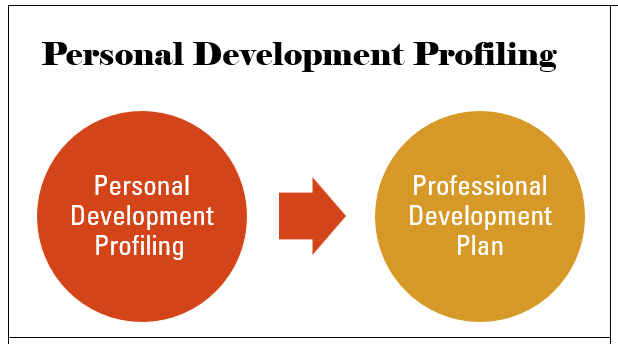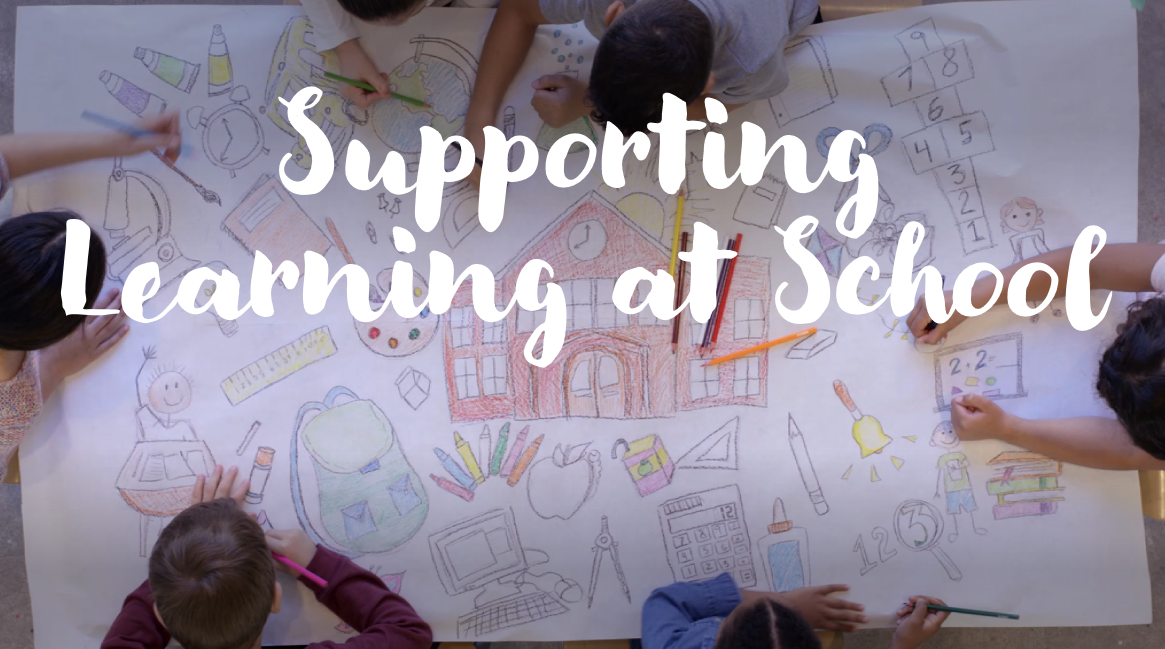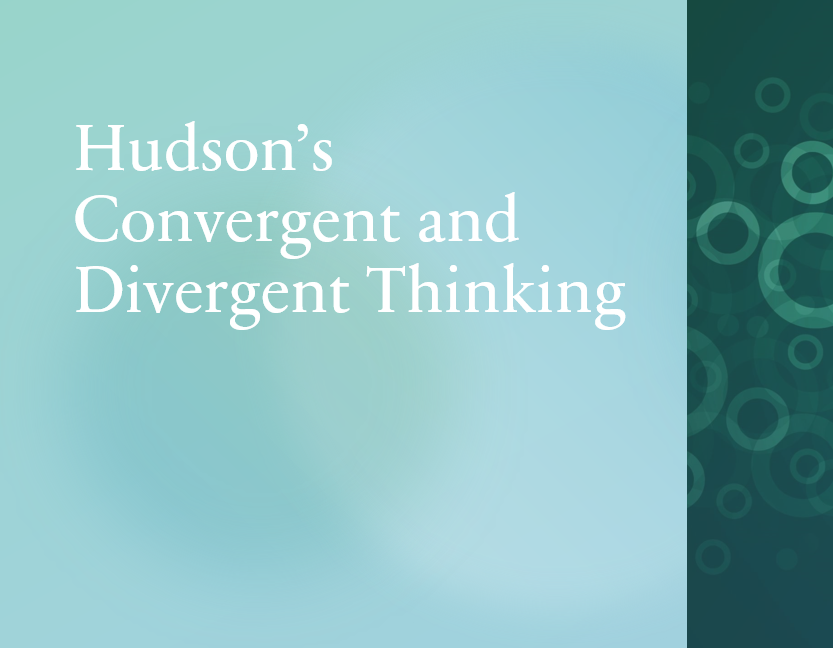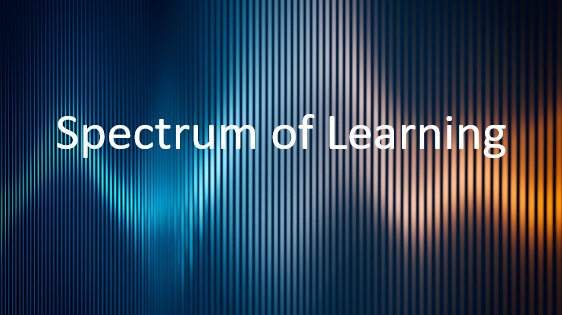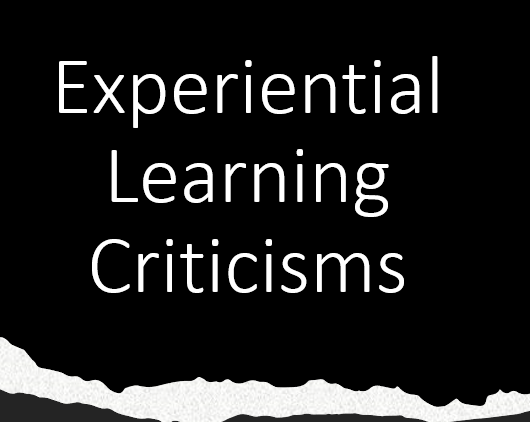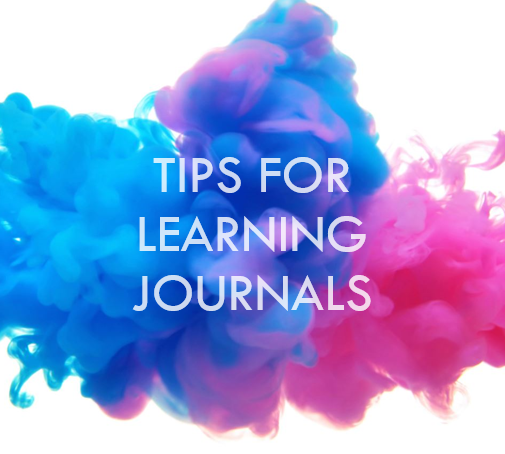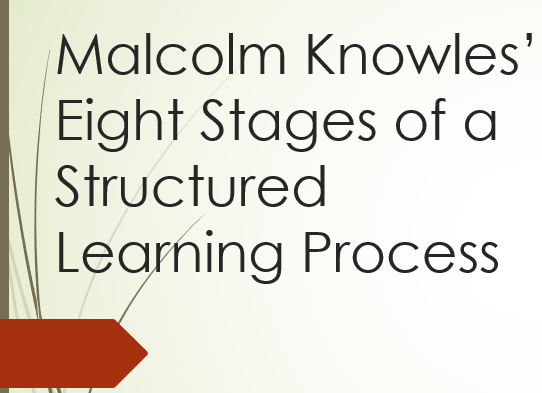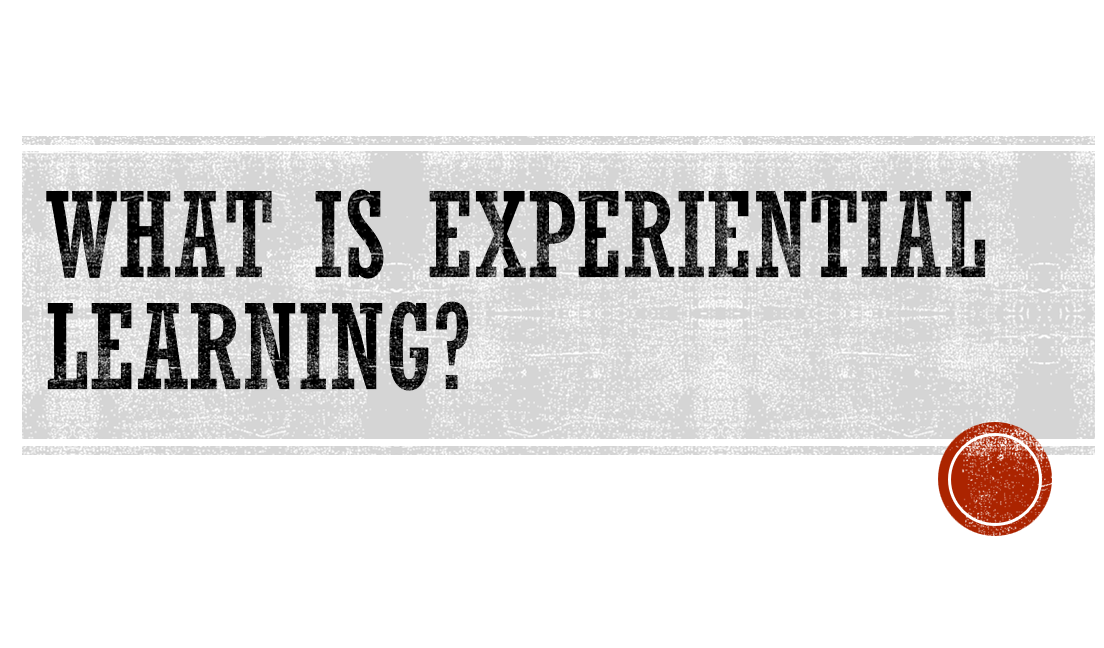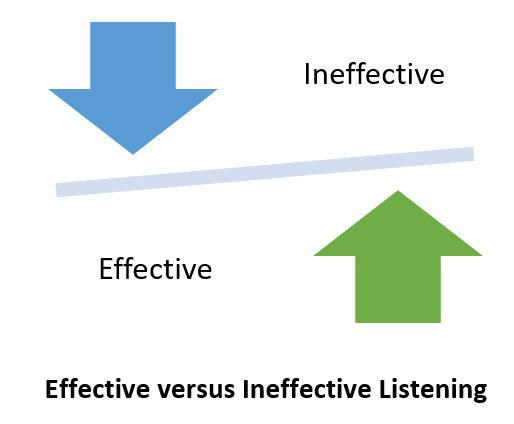What is personal development profiling? It is simply a personal development plan.
Learning does not primarily occur at school. Learning must be supported at home. Acquire the tips to make learning at home successful.
Convergent and divergent thinking are indicative of logic versus creative thought processes.
Learning methodologies can be found on a spectrum from the more teacher-centered approaches to the more learner-centered approaches. This is demonstrated by noting how lectures are teacher-centered while experiential learning is learner-centered.
For all of the positive aspects to experiential learning and those who support this method of learning, there are also noted criticisms or weaknesses to this approach.
Starting a learning journal can be daunting for many people, especially for individuals who are not avid writers.
Knowles recorded eight processes that lead to optimal learning. These processes can also be referred to as stages.
Experiential learning will pull in some means of a reflective practice. Hands on learning is simply learning.
Listening exercises are essential to the learning experience. Can you imagine attempting to learn something without […]
